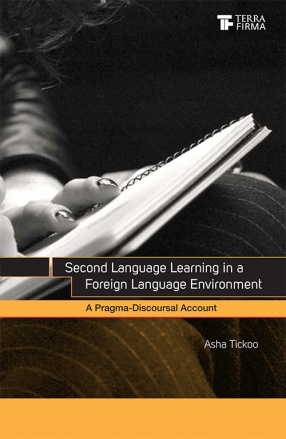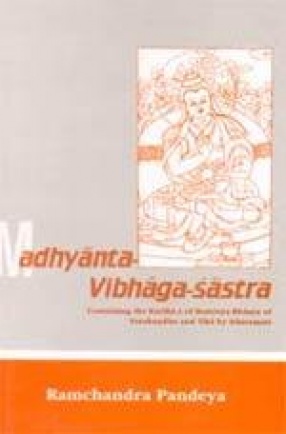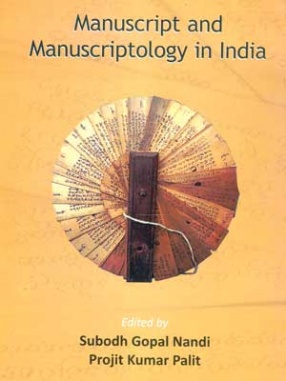The aspects of written discourse addressed in this collection of nine papers are represented in terms of the defining informational constraints on their standard use, and the associated pragma-discoursal impact on the message. Each of the first seven papers individually addresses a core feature of written discourse of challenge to the high-intermediate English as a Foreign Language learner, by examining how s/he tackles the very particular information-packaging directives that govern it. These seven papers cover a range of such features, from the micro- to the macro-level, including, reference framing, the marking of time and temporal passage, key intersentential relations and discoursal developments, and the signaling of genre. The eighth paper attempts a more general assessment of the information-design challenge that these facets of composing collectively constitute, and the last paper identifies, and accounts for, a common learning strategy that the typical foreign language context gives rise to. As a whole, the collection is a comprehensive but also deeply probing, first-of-its-kind pragma-discoursal study of how second-language writing is learned in a foreign language environment.
Contents: Introduction. 1. Indefinite reference framing. 2. The acquisition and use of the past tense understanding selective marking. 3. The felicitous use of ‘then’/’after that’. 4. On the structure of enumeration. 5. The encapsulating sentence and text-building. 6. Variable temporal passage in storytelling. 7. Narrative in support of an opening end-state statement. 8. Information design and language learning. 9. Message under coding and language learning.





There are no reviews yet.